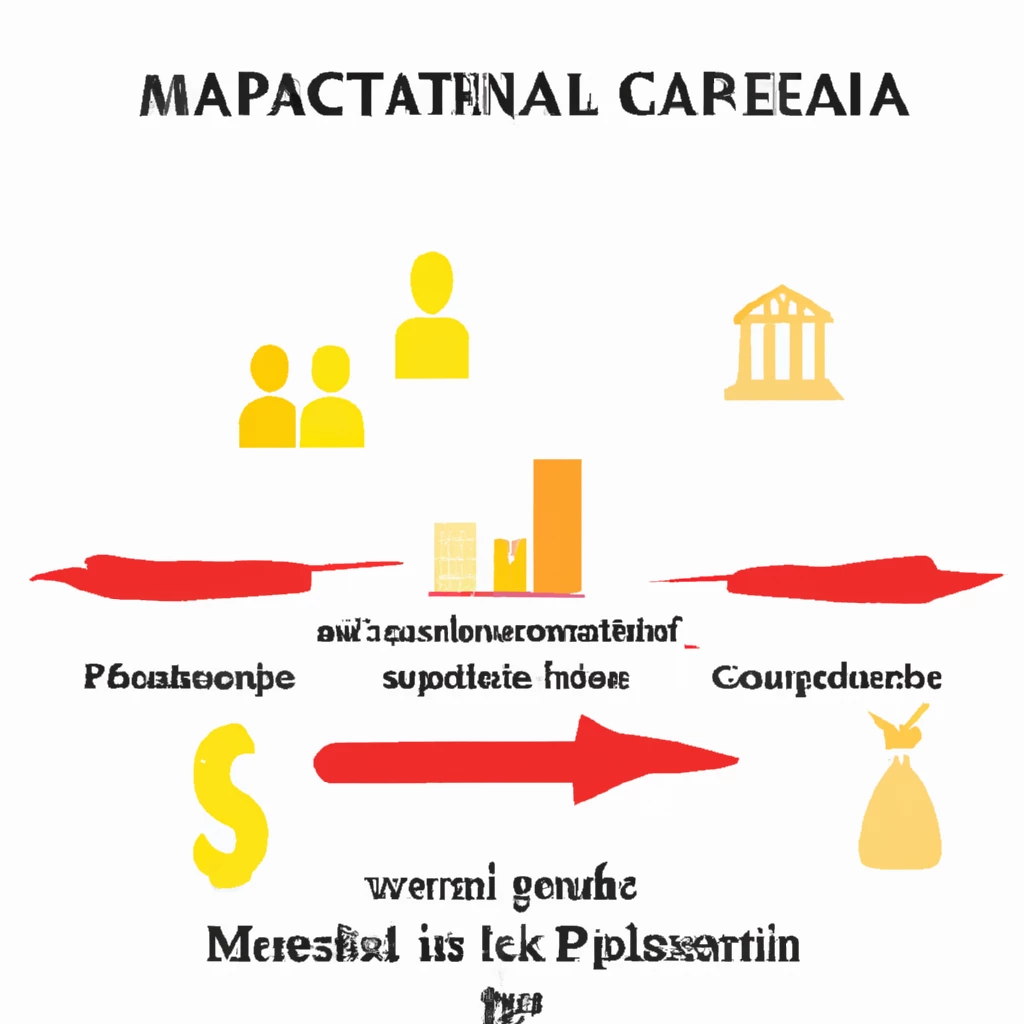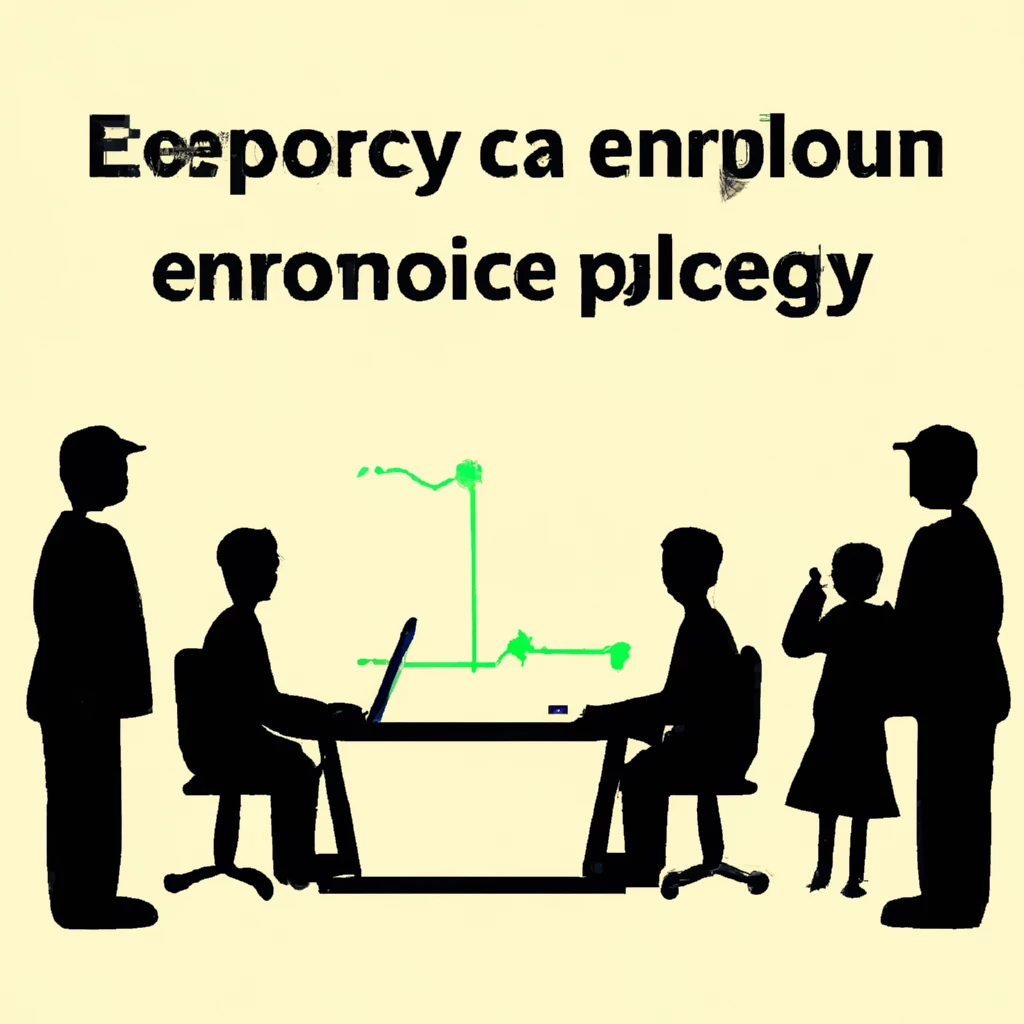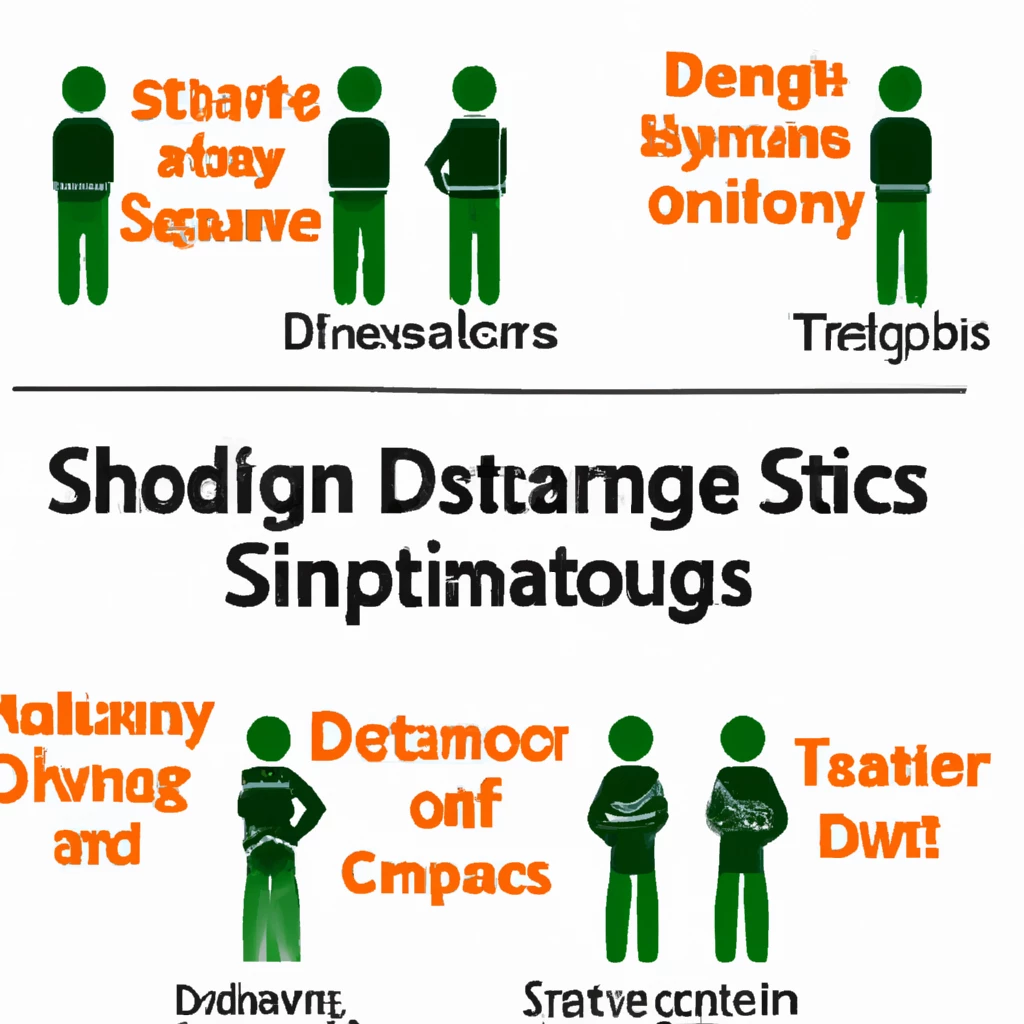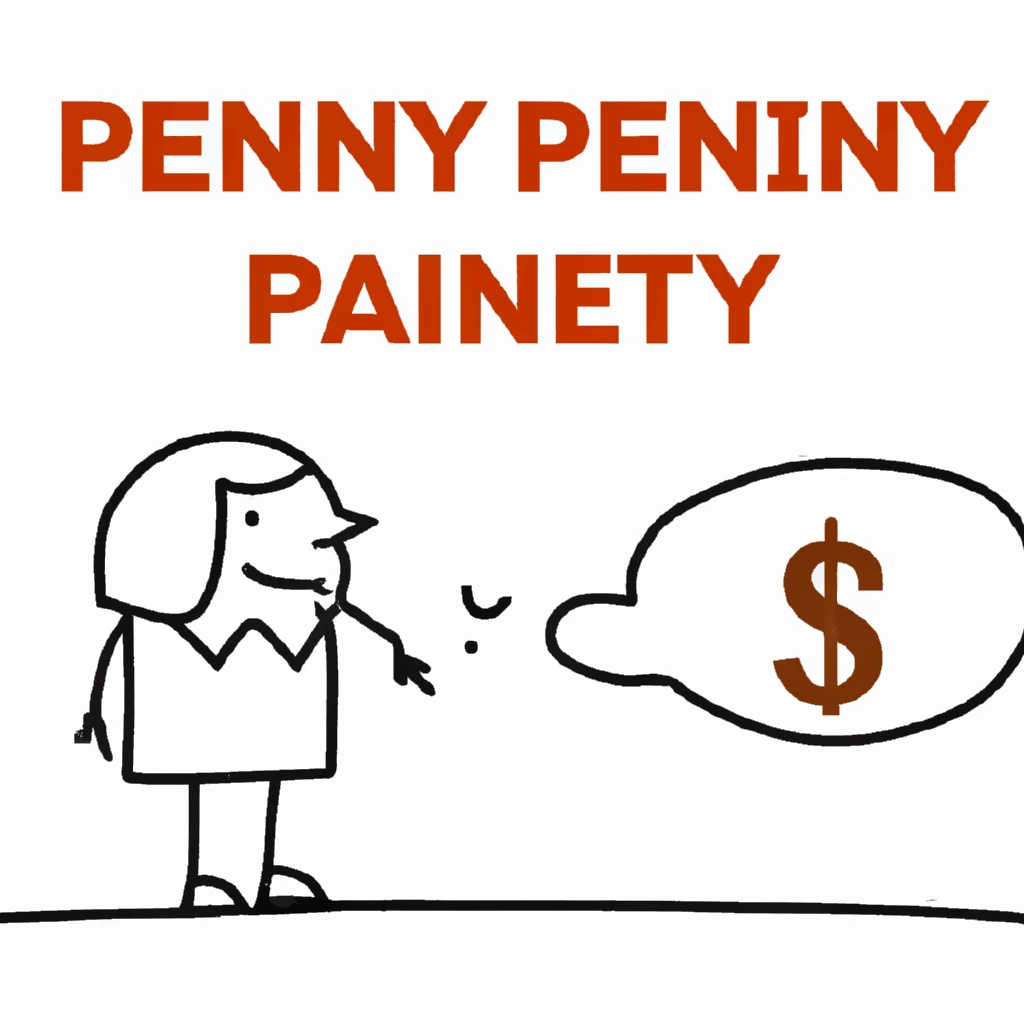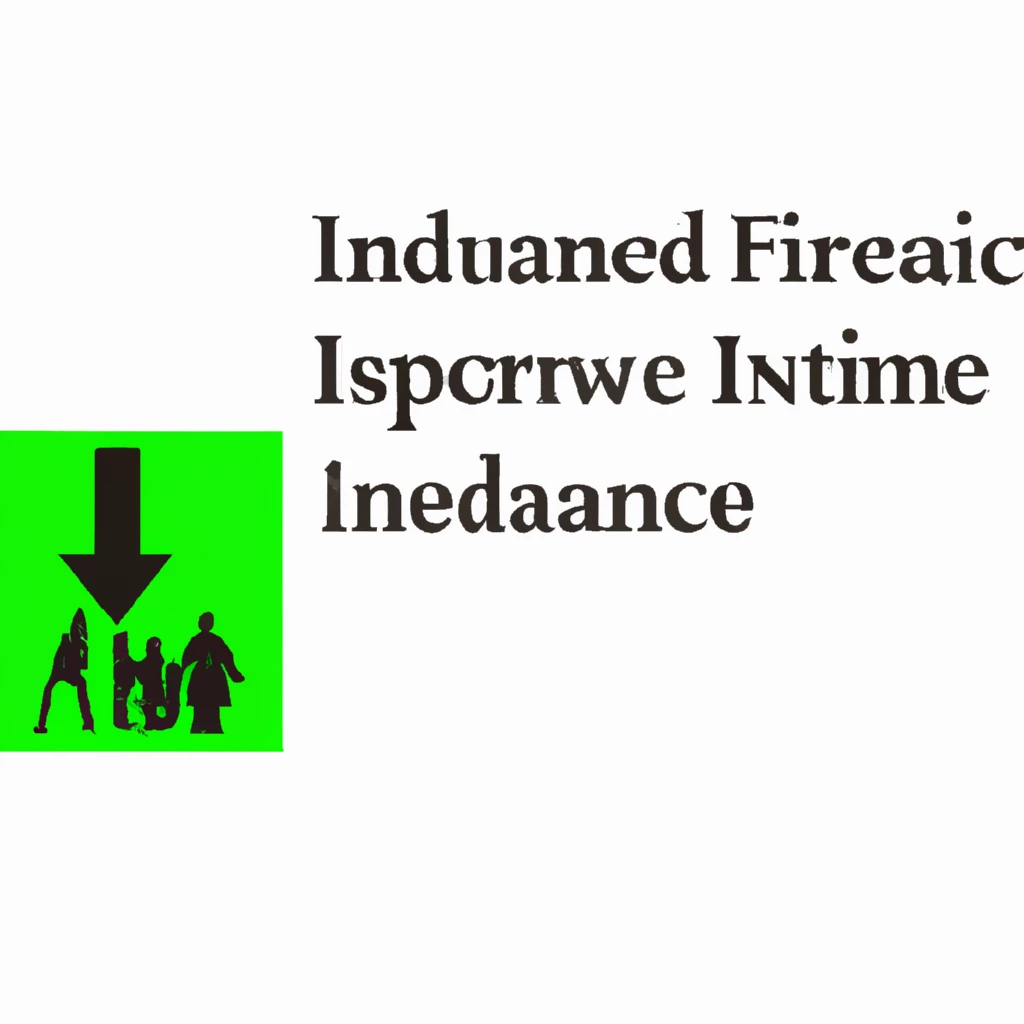
What Is a Fixed Income Forward?
A fixed income forward involves a contract to buy or sell fixed-income securities at a predetermined price on a future date. This financial instrument allows investors to secure a bond price today while having the option to acquire or sell the security later.
Fixed income, as an investment category, entails receiving regular and predictable returns or income intervals. By utilizing forward contracts on fixed-income securities, investors can manage the risk of price fluctuations by locking in a bond price now and transacting in the future.
Key Takeaways
- A fixed income forward is an agreement to trade a fixed-income security at a prearranged price on a future date.
- The value of a forward contract is calculated as the bond price minus the present value of coupon payments and the price at expiration.
- Forward contracts are employed to hedge against price volatility between the current date and a future point in time.
- Compared to futures contracts, forward contracts offer greater customization.
How a Fixed Income Forward Works
The primary risk associated with fixed income forward contracts is the fluctuation in market interest rates for the underlying bonds. These rate changes impact the bond’s yield and consequently influence its price. Investors closely monitor forward rates, especially in volatile fixed-income security markets. A forward rate represents the interest rate applicable to a future financial transaction.
The buyer of a forward contract speculates that the price will exceed the agreed-upon amount by the forward date, while the seller anticipates the opposite outcome.
Special Considerations
Pricing a Fixed Income Forward
Calculating the price of a fixed income forward contract involves subtracting the present value of coupon payments over the contract’s duration from the bond price. This value is compounded by the risk-free rate for the contract’s duration, representing the interest from a risk-free investment.
The contract’s value equals the bond price minus the present value of coupons and the price paid at expiration.
Profiting from a Fixed Income Forward
A buyer profits from a fixed income forward when the market price surpasses the agreed price, resulting in a profit. Sellers, on the other hand, benefit from a drop in bond price.
Contract participants focus on the payments due during the contract period, even if the bond’s maturity exceeds the contract duration. This limited focus hedges against price shifts over a shorter timeline.
Fixed income forward contracts are popular for hedging interest rate risks in the bond market and for capitalizing on discrepancies between forward and spot bond markets.
Fixed Income Forward vs. Fixed Income Future
Fixed income derivatives can be traded on exchanges with standardized terms, unlike over-the-counter forward contracts. Exchange-traded futures contracts are standardized fixed income derivatives where the underlying bond and contract terms are regulated. However, both forwards and futures operate similarly.
